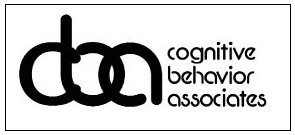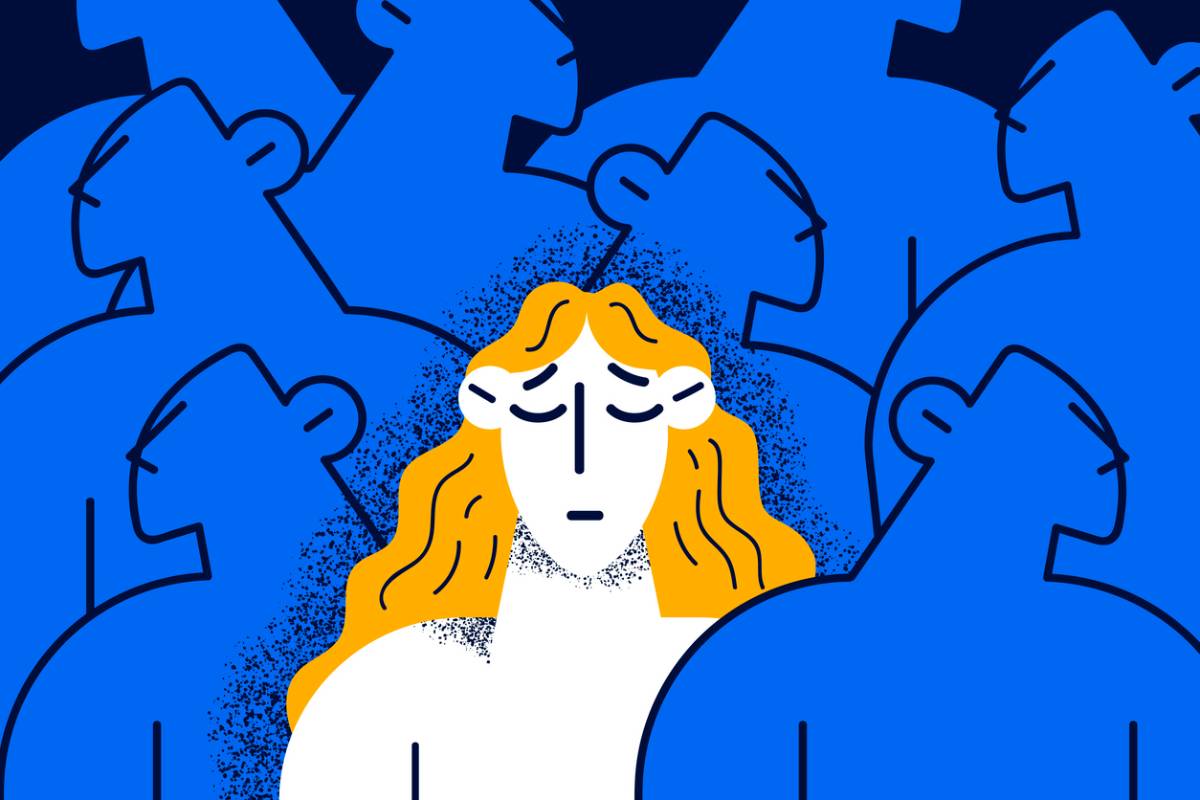Social anxiety is a common mental health condition. In fact, more than 12% of Americans will experience social anxiety at some point in their life. The mental health condition is characterized by excessive fear or anxiety in social citations. Those with social anxiety can often feel insecure, embarrassed, or nervous when they have to be in social situations. This can often cause people to avoid social interaction and become more isolated. Below you will find factors that increase social anxiety.
Factors that Increase Social Anxiety
Being proactive with your mental health can be beneficial. However, seeking support at any point can be highly beneficial for your overall well-being. Consider the following factors that can increase your risk for developing social anxiety.
- Family History: Mental health conditions, including social anxiety, can be inherited. Talk with your family about their mental health to determine what you may be at a higher risk for.
- Environment: Social anxiety can be a learned behavior as some people can be severely impacted by prior embarrassing or unpleasant social situations. Parents who are controlling, overprotective, or exhibit anxious behaviors in front of their children can also place their children at a higher risk for the mental health condition.
- Brain Structure: Your amygdala, an important structure in your brain, plays a role in your fear response. Fear and anxiety are related so when you have an overactive amygdala it can increase your anxiety and heighten your fear response.
- Trauma: Certain life experiences can increase your risk for anxiety. Trauma in the form of neglect, abuse, and bullying can result in the development of anxiety.
- Low Self-Esteem: Those with low self-esteem or other confidence issues may struggle in social situations. This can increase the risk for social anxiety if the root issue is not addressed.
Symptoms of Social Anxiety
Social anxiety can look different for everyone as there are a number of symptoms of the mental health condition. There is a difference between being shy or uncomfortable in certain situations and social anxiety. Each person has varying comfort levels so it’s important to be self-aware in terms of your symptoms and reactions to certain situations. One of the key markers of social anxiety is if it impacts or interferes with your personal or professional life. Consider the symptoms of social anxiety and seek mental health support if you experience once more of the following.
Emotional Symptoms
The following are common emotional symptoms associated with social anxiety. It is important to note that the list is not exhaustive.
- Fear of being judged in social situations
- Fear of talking or interacting with strangers
- Worry about embarrassing yourself
- Fear that others will know you are anxious
- Avoiding social situations or talking to others
- Anxiety about the anticipation of an upcoming event
Physical Symptoms
The following are common physical symptoms associated with social anxiety. It is important to note that the list is not exhaustive.
- Blushing
- Fast heartbeat and/or trembling
- Swearing
- Upset stomach, nausea, and/or vomiting
- Feeling like your mind has gone blank
- Muscle tension
Social Anxiety Treatment in Los Angeles
Social anxiety can make common social situations highly difficult. For example, if you find it difficult to go to work, school, interact with strangers, attend social gatherings, or eat in front of others, you may have social anxiety. Dealing with mental health issues on your own can be challenging, if not impossible. However, there are effective treatment options that can help you manage your social anxiety and improve your overall mental health.
Cognitive behavioral therapy in Los Angeles is the most effective treatment to address social anxiety. Social anxiety treatment in Los Angeles focuses on identifying your thoughts, emotions, and behaviors that contribute to your social anxiety. If you experience any of the symptoms of anxiety, or have a mental health issue you would like to address, consider cognitive behavioral therapy.

